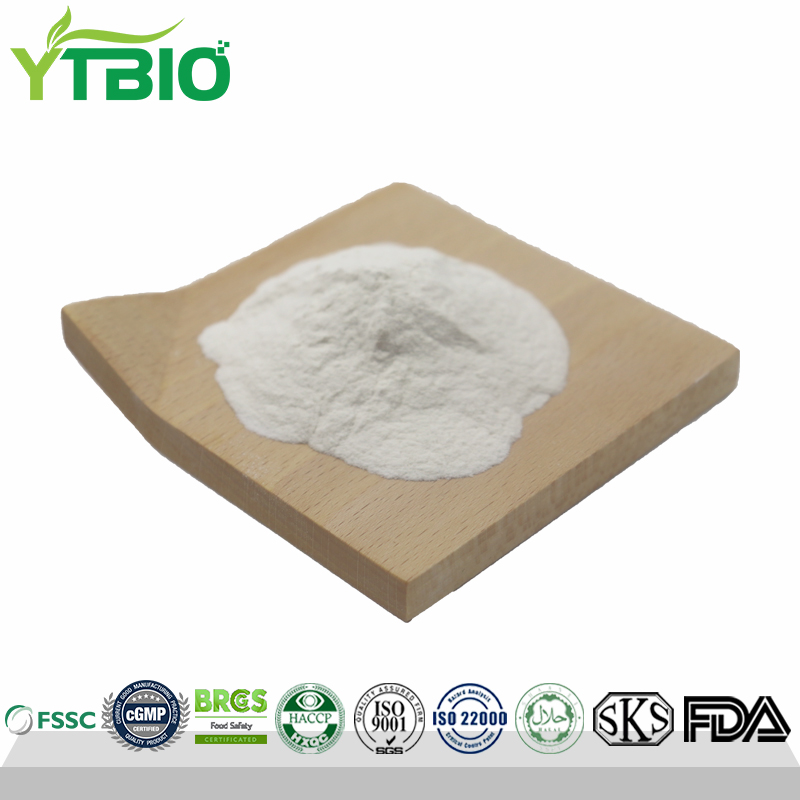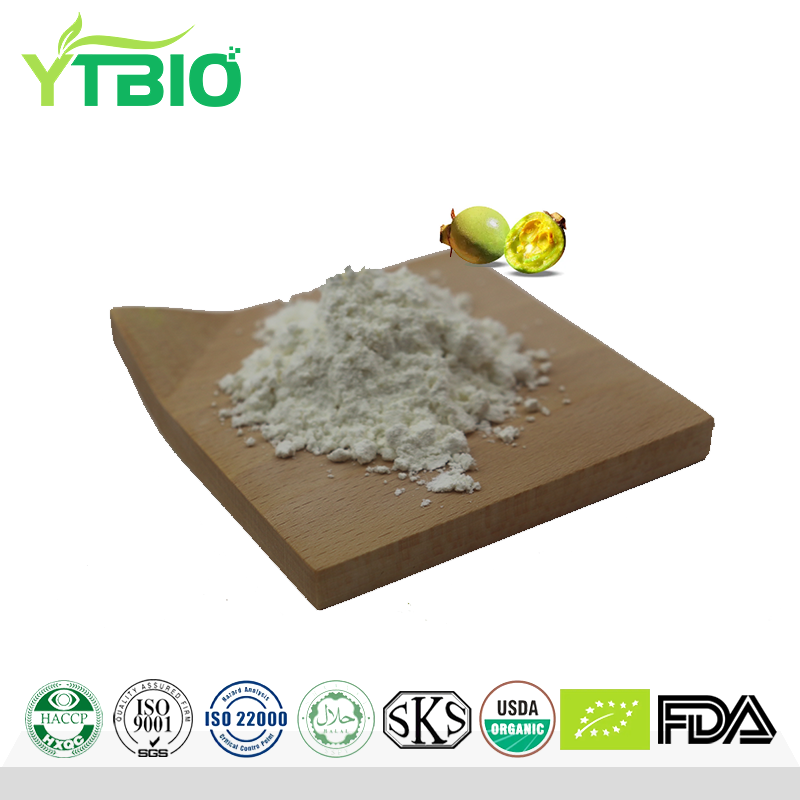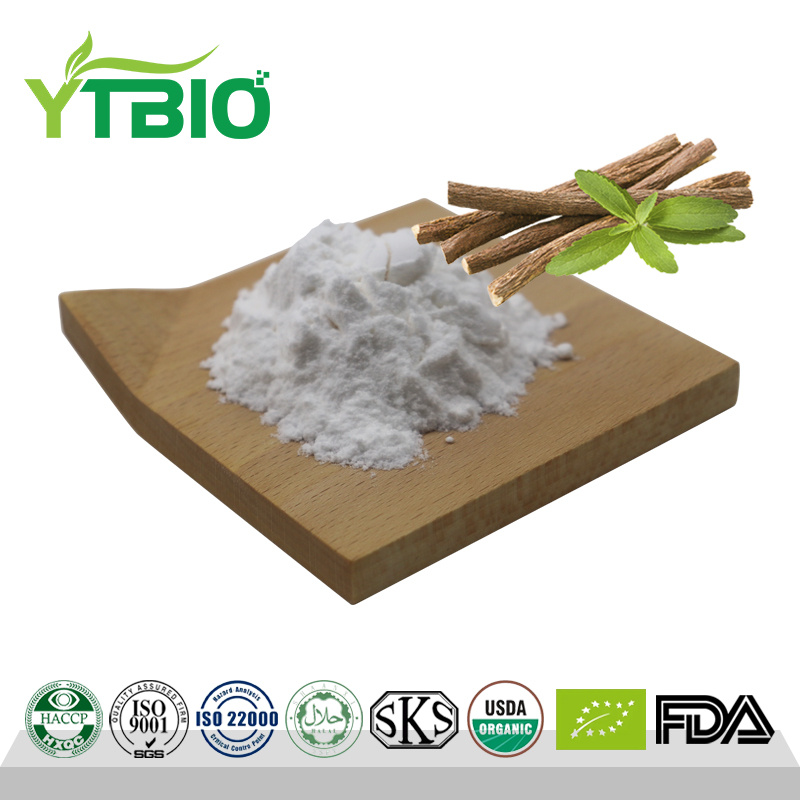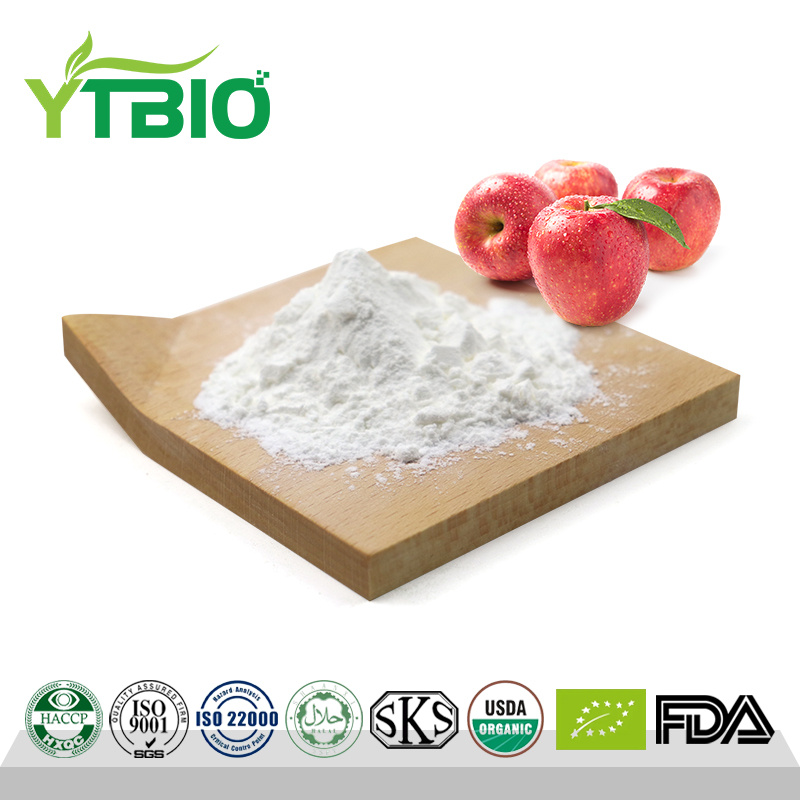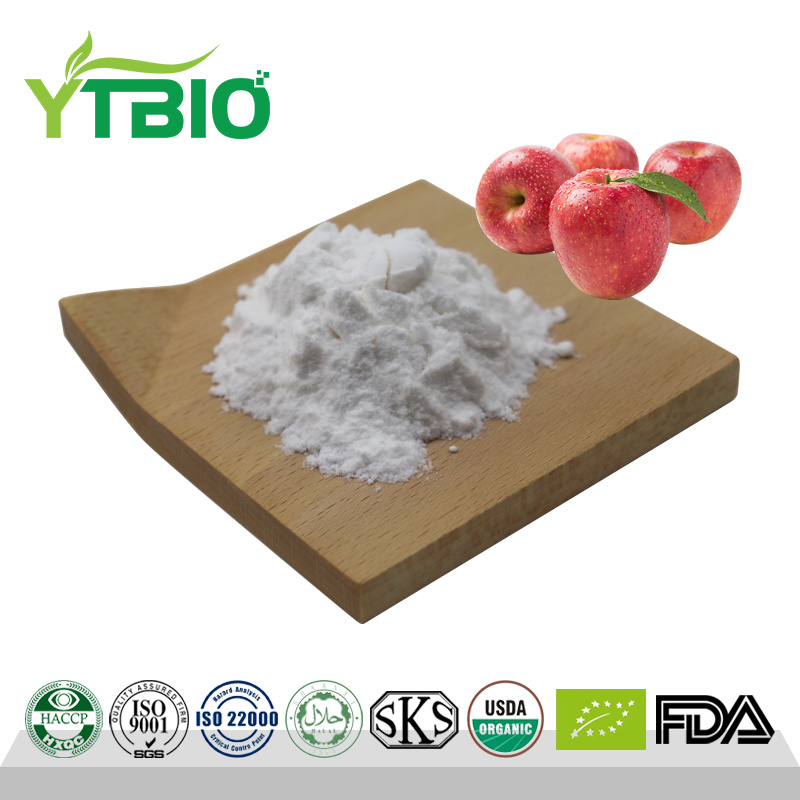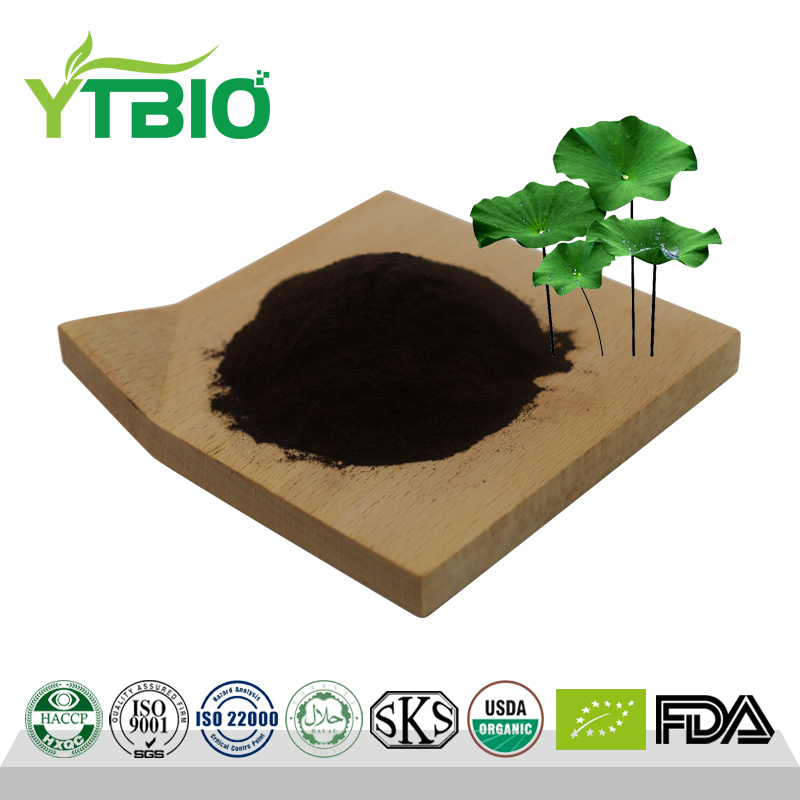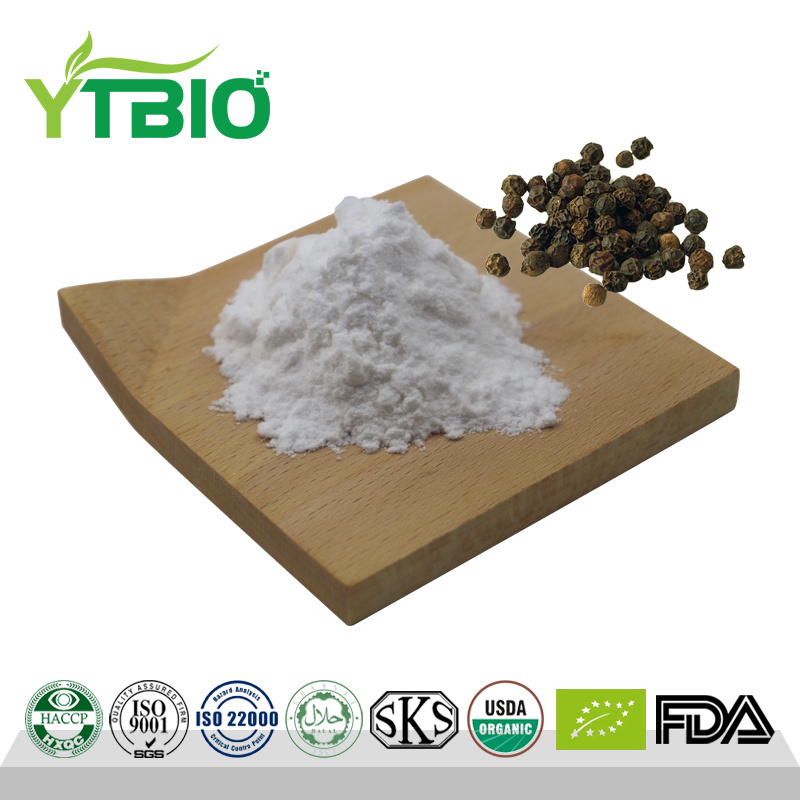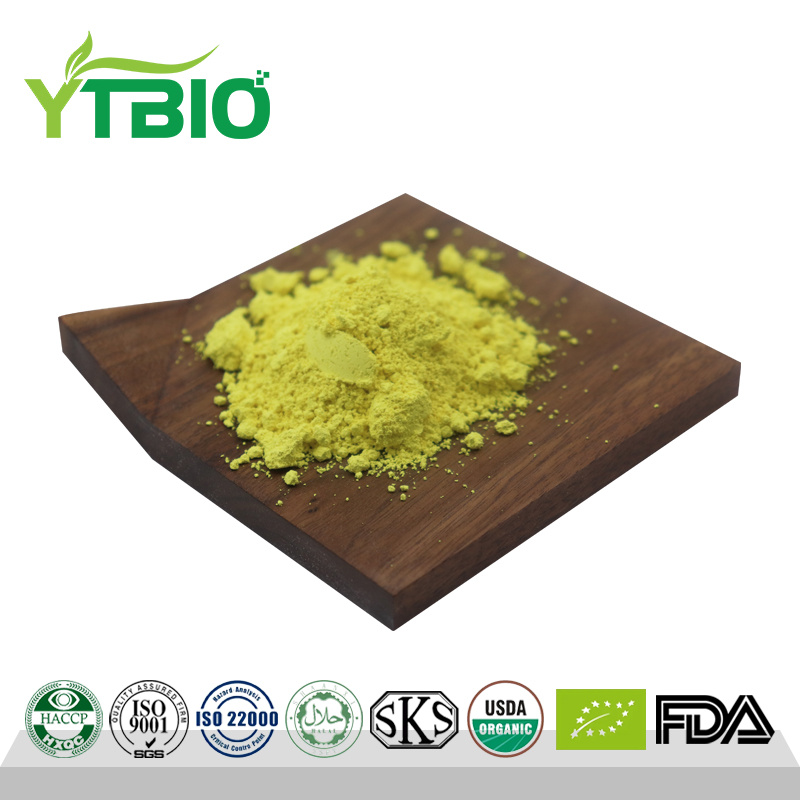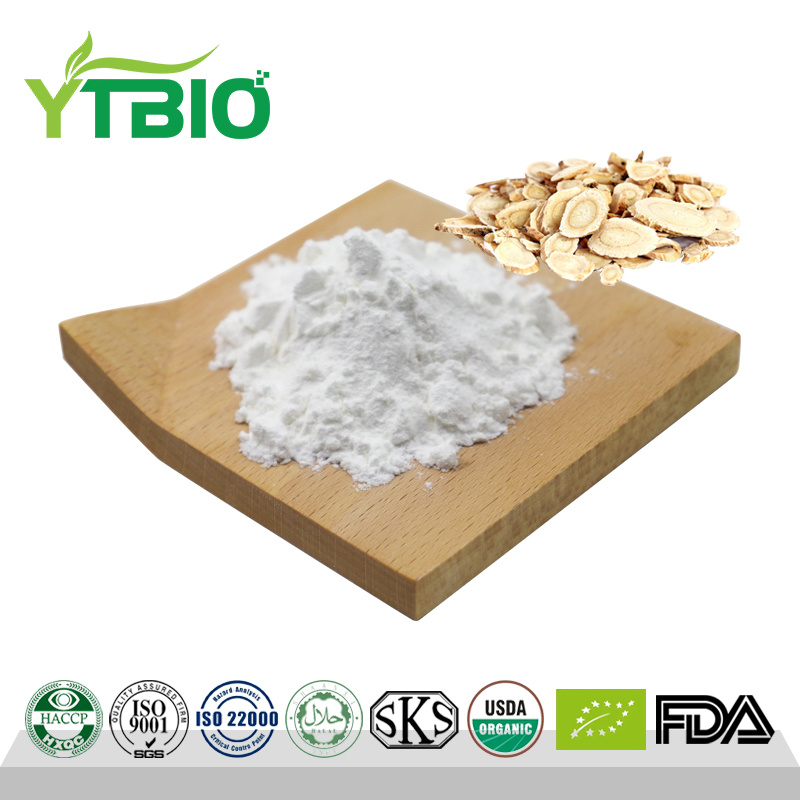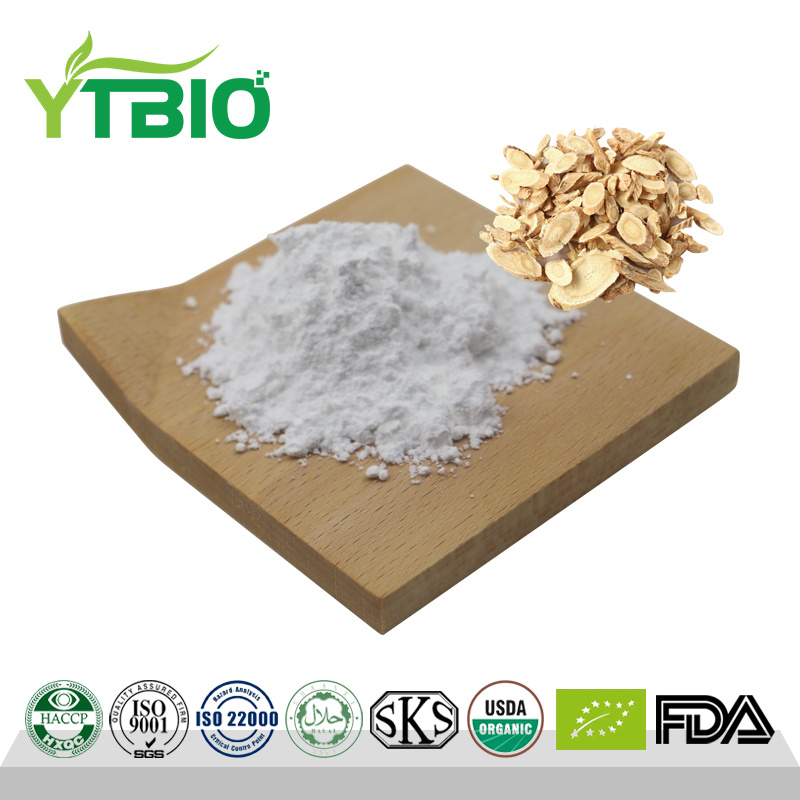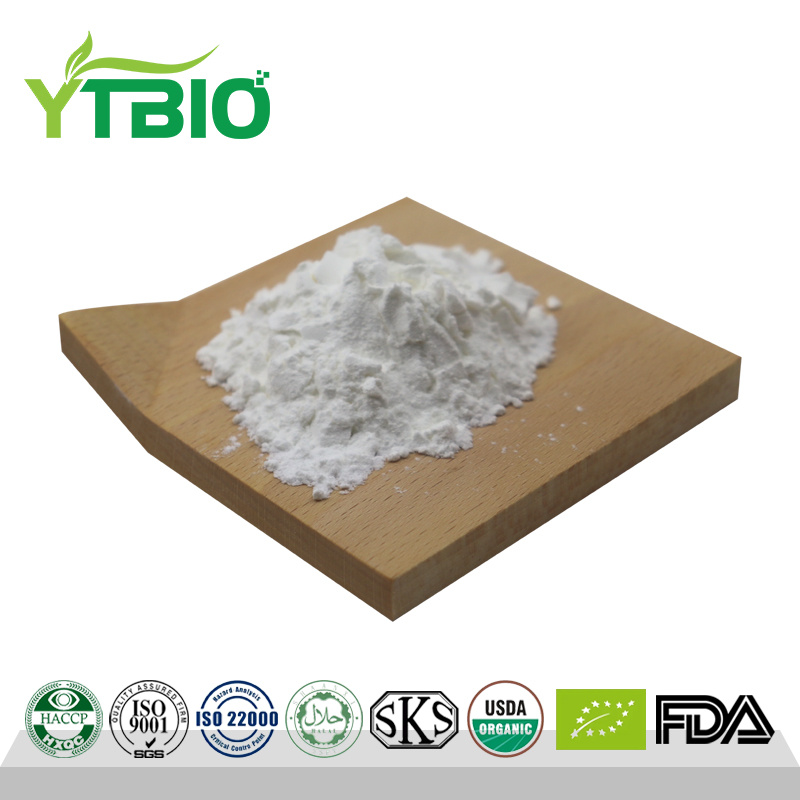Sodium Alginate Powder Manufacturer
What is sodium alginate?
Sodium alginate is a natural polysaccharide extracted from the cell walls of brown algae (such as kelp and giant kelp). It is a linear natural high-molecular-weight compound and is obtained as a byproduct after extracting iodine and mannitol. Its molecular structure consists of β-D-mannuronic acid (M) and α-L-guluronic acid (G) units linked by (1→4) bonds. Unlike starch and cellulose, sodium alginate contains carboxyl groups, making it a highly viscous polyguluronic acid.
Due to its high viscosity in aqueous solutions, sodium alginate is widely used in the food industry as a thickener, stabilizer, and emulsifier. It is a non-toxic food ingredient and was included in the U.S. Pharmacopeia as early as 1938. In the United States, it is known as a "miracle food additive," while in Japan, it is regarded as a "longevity food." Its unique chemical structure and functional properties make it highly valuable in food and pharmaceutical applications.
Advantages
Sodium alginate offers unique advantages as a thickening agent in beverages and dairy products:
● Excellent fluidity: When added to beverages, it creates a smooth texture and prevents viscosity loss during the sterilization process.
● Enhanced viscosity: Using high-molecular-weight sodium alginate, along with an appropriate amount of calcium ions (Ca²⁺), significantly increases viscosity.
Application in Frozen Desserts
Sodium alginate serves as a premium stabilizer in ice cream and other frozen desserts, offering the following benefits:
● Texture and appearance: Provides ice cream with a smooth texture and refined appearance.
● Stability: Calcium alginate forms a heat-irreversible gel, preventing ice crystal growth and deformation caused by temperature fluctuations during transportation and storage.
● Quality improvement: Enhances overrun and melting resistance, improving product quality and profitability, while ensuring a creamy, delicate texture with no off-flavors.
● Dosage: Generally, the recommended addition level is 1-3% in domestic markets and 5-10% in international markets.
Application in Dairy Products and Beverages
As a stabilizer, sodium alginate:
● Ensures a pleasant mouthfeel in frozen dairy products without any stickiness or stiffness.
Provides a smooth, slightly viscous consistency during stirring, improving product stability and consumer experience.
Physical and chemical properties
Molecular weight
The molecular weight of commercial sodium alginate is usually dispersed, so its molecular weight is usually expressed as the average of the number average molecular weight (Mn) and the weight average molecular weight (Mw). In a polydisperse molecular population, Mw is usually greater than Mn, and its ratio (Mw/Mn) is called the dispersion index. The dispersion index of commercial sodium alginate is typically in the range of 1.5 to 2.5. The determination of molecular weight is usually calculated based on intrinsic viscosity and light scattering measurement methods.
PH value
Sodium alginate is slightly soluble in water and insoluble in most organic solvents, but soluble in alkaline solutions to form viscous solutions. When sodium alginate powder meets water, the surface of the particles becomes sticky due to hydration, and quickly adheres to form clumps, which then slowly completely hydrate and dissolve. If there are compounds in the water that compete with alginate for hydration (such as sugars, starches, or proteins), the dissolution rate of sodium alginate will decrease, and the mixing time needs to be extended. Monovalent cationic salts (such as NaCl) will also produce similar effects when the concentration is higher than 0.5%. The pH value of sodium alginate in 1% distilled water solution is about 7.2.
Stability
Sodium alginate is hygroscopic, and its equilibrium water content depends on the relative humidity. Dry sodium alginate is quite stable when stored in a well-sealed container at 25°C and below. Sodium alginate solution is stable in the pH range of 5-9. Its degree of polymerization (DP) and molecular weight are directly related to the viscosity of the solution, and the decrease in viscosity during storage can be used to evaluate the degree of depolymerization of sodium alginate. Sodium alginate with a high degree of polymerization is less stable than that with a low degree of polymerization. It is reported that sodium alginate can undergo proton-catalyzed hydrolysis, and the hydrolysis rate depends on time, pH and temperature. Propylene glycol alginate solution is stable at room temperature and pH 3-4; when the pH is less than 2 or greater than 6, the viscosity decreases rapidly even at room temperature.
Translation
Application direction
As a polymer substance, sodium alginate has the functions of suspending, thickening, emulsifying, and adhering. It is mainly used as a suspending agent, emulsifier, thickener, and capsule material for microcapsules in pharmaceuticals.
Used as a binder (1% to 3%) and disintegrating agent (2.5% to 10%) for tablets;
Used as a diluent in capsules; also used in the preparation of oral sustained-release preparations because it delays the release of drugs from water-soluble suspensions; widely used in pastes, ointments and gels as a diluent. Thickening agent and suspending agent (5% ~ 10%), and used as a stabilizer (1% ~ 3%) in oil-in-water emulsions. 0.5% to 2.5% aqueous solution can be used to lubricate the eroded surface of the skin to eliminate and dry water-based secretions.
Food additives: emulsifiers, film-forming agents, thickeners.



